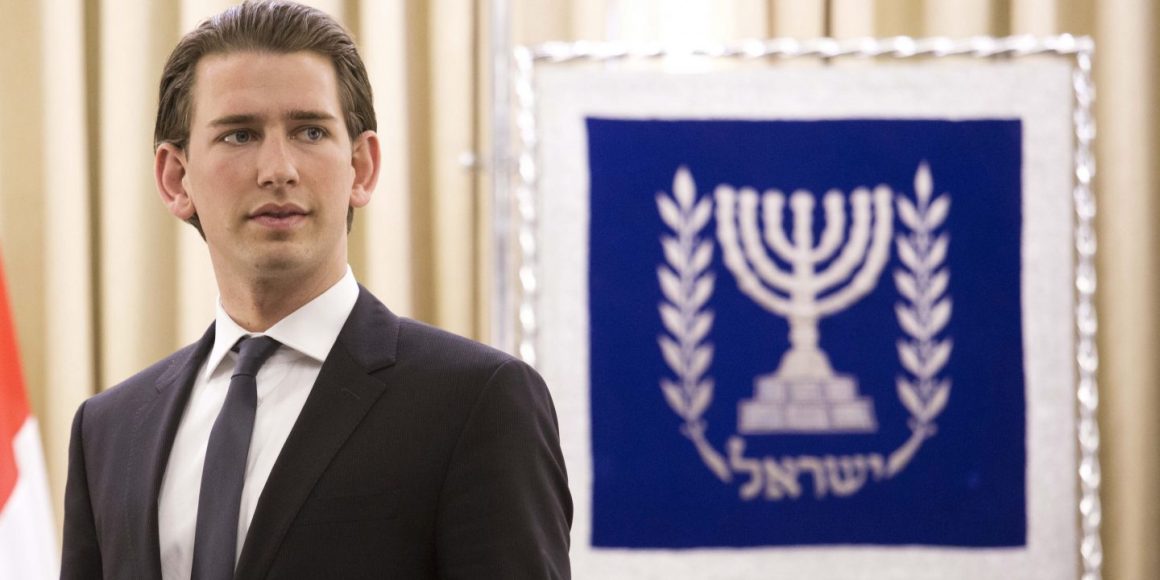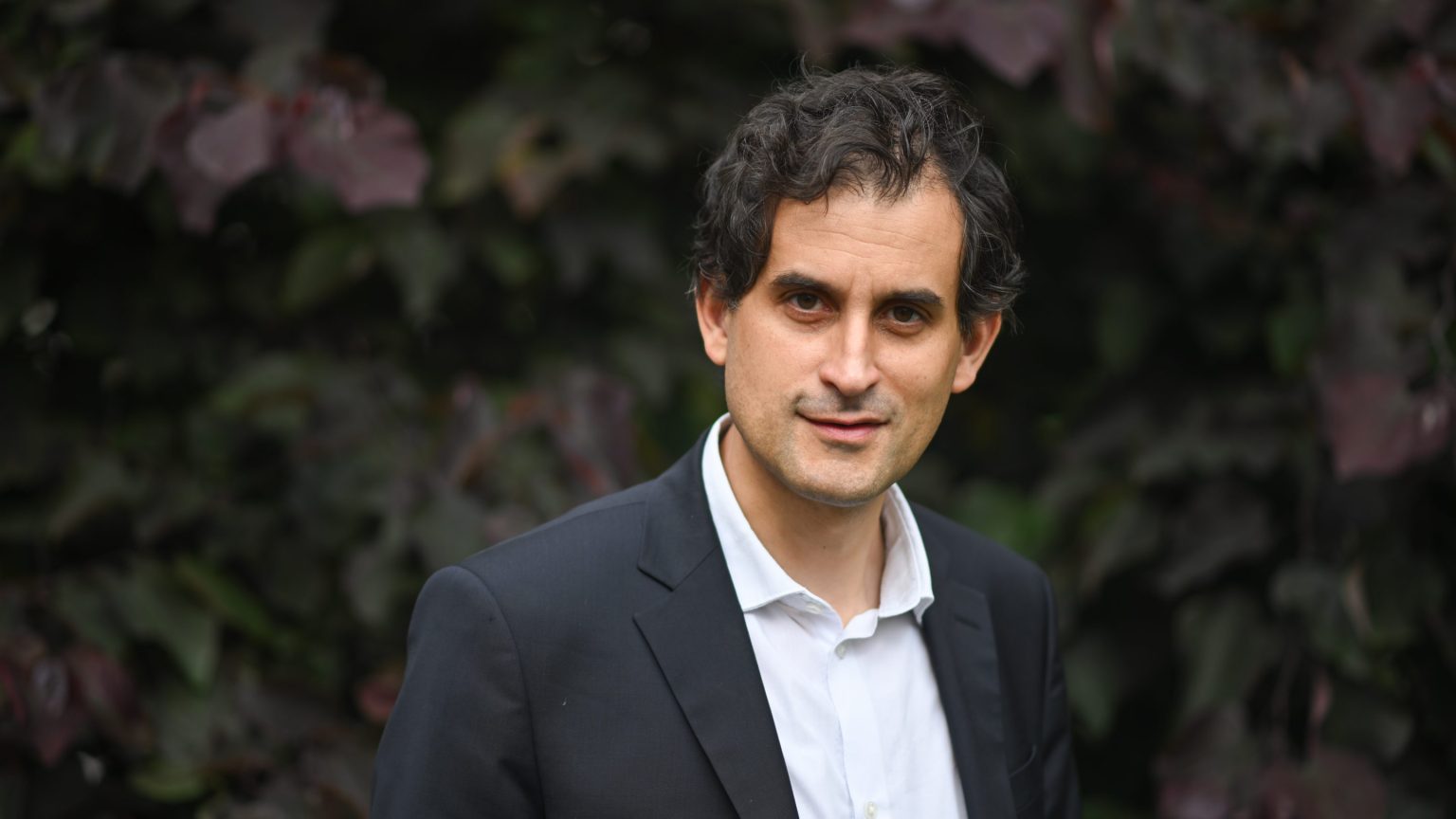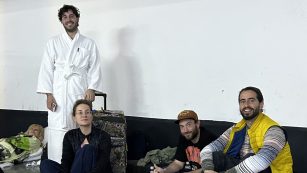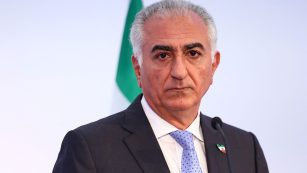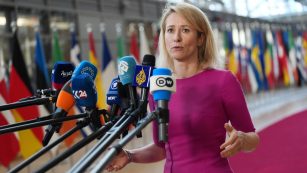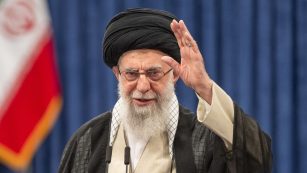Chancellor Kurz, May 2, is Yom Hashoa, the day Israel commemorates the victims and the heroes of the Holocaust. What does the legacy of the Shoah mean to you?
I think it is very important that we now have a clear, albeit far too belated picture of our history. For too long Austria deemed itself exclusively as a victim of the Nazis. Meanwhile, however, we acknowledge the historical truth. I believe that because of our history, we also have a very special responsibility for the present and the future. Therefore, we are committed and determined to lead the fight against anti-Semitism at home and in Europe. But we are also committed to supporting the state of Israel and Jewish life in Israel. And as the Austrian federal l government, we have followed this path quite consistently.
Do you also speak for your coalition partner, the Freedom Party FPÖ, which regularly makes headlines with anti-Semitic and xenophobic incidents?
The FPÖ, led by Vice Chancellor Strache, has always reacted clearly to anti-Semitic incidents and is committed to our common fight against anti-Semitism. That’s proper and important.
The President of the Jewish Community of Austria, Oskar Deutsch, doesn’t consider the action taken by the FPÖ party leadership against recurrent anti-Semitic incidents among its members to be credible. Do you disagree?
Whenever anti-Semitic incidents occur, regardless of the political party involved, I speak up and try to use the powers of my position as Chancellor to ensure that such incidents have consequences. In Austria, we have the strictest legislation worldwide against these kind of offences. Any form of neonazism is a crinminal act that usually entails years of imprisonment. All I can say, without wanting to speak for my coalition partner, is that the Vice Chancellor and leader of the FPÖ is also very clear on this issue and always acts consequently whenever anti-Semitic statements occur. He also made it very clear that there is no room in his party for persons who harbor anti-Semitic ideas. It is crucial to draw a clear line in the sand.
On Mideast issues you have abandoned the traditional line of Bruno Kreisky - and after him almost all Austrian heads of government - to be neutral to distant vis-a-vis Israel and, when in doubt, on the side of the Palestinians. What brought about this change?
Defining the line of foreign policy is the prerogative of the Federal Government, which I lead as Chancellor. In this respect, there has in fact been a repositioning of Austria on this issue. We used to have a social-democratic policy, as you have just described. As foreign minister, I was uncomfortable with that, and I was not prepared to wholly support this line. But I did not have the means to change it on my own. Now, with this government constellation and with the increased influence the Chancellorship gives me, there was the option to change our course. Which is what I did.
How does that change of course show?
Israel is our partner. Israel is an important ally. And Israel deserves our support. The Jewish state deserves our support. That does not mean that we look the other way when and if there is wrongdoing on the part of the Israelis. It does not mean that we approve of the settlement policy or that we will abandon the two-state solution. But what we do not do anymore - and what I believe too many countries still do - is to treat Israel differently from other countries in the world by operating with different standards. Of course, I am also interested in good contacts with the Palestinians. But I deliberately chose Benjamin Netanyahu and the Israeli government as the main contact on my first trip to Israel.
Not all countries follow you on this. How do you judge the fact that the Jewish state is often targeted by the United Nations and the European Union?
I take a very negative view of that. I am someone, for whom fairness is very important. And there simply can not be different standards. Israel should be condemned in resolutions if the country truly deserves to be. But differences in treatment are not what the United Nations should stand for. That is why we have changed our voting pattern where we considered that to be justified. And I will also work within the European Union towards a more balanced perspective.
Interview: Philipp Peymann Engel and Detlef David Kauschke
This English version is an excerpt.
You can read original German interview in full here.

